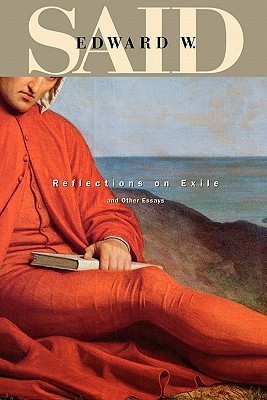What do you think?
Rate this book


656 pages, Paperback
First published January 1, 2001
"Uno de los grandes placeres para aquellos que leen y estudian literatura es el descubrimiento de viejas normas en las que todas las culturas que conozco coinciden: cosas como el estilo o la ejecución, la existencia de escritores buenos así como de otros menores, y el ejercicio del gusto". (p.380) en La política del conocimiento.